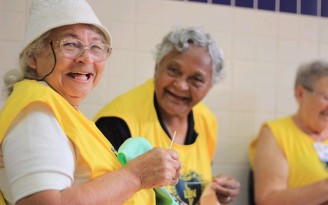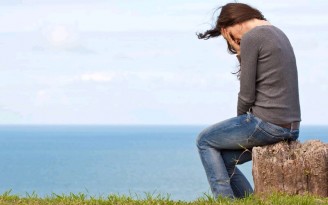
Against waste and in favor of Planet Earth
Jéssica Botelho
Friday | October 18, 2013 | 9:11 AM | Last update: September 22, 2016, 4:07 PM (Brasilia time)
“In a world of seven billion people, set to grow to nine billion by 2050, wasting food makes no sense – economically, environmentally and ethically,” says UN Under-Secretary-General and United Nations Environment Programme (UNEP) Executive Director Achim Steiner.
The impact of food waste is not just financial. Environmentally, it leads to the waste of chemical products, like fertilizers and pesticides and of the fuel used for transportation. It also generates organic garbage, thus creating more methane, one of the most harmful greenhouse gases to the environment. According to the United Nations Food and Agriculture Organization (FAO)*, every year 1.3 billion tons of food are wasted. Moreover, one in every seven people in the world goes to bed hungry and more than 20,000 children under the age of five die every day from starvation.
Such worrying facts can be reduced starting with simple initiatives by consumers and retailers, such as drastically reducing the amount of food wasted and helping build a sustainable future. This was what reinforced the United Nations campaign for World Environment Day (June 5) in 2013, with the support of Consumers International (CI), whose slogan was: “Think. Eat. Save.”
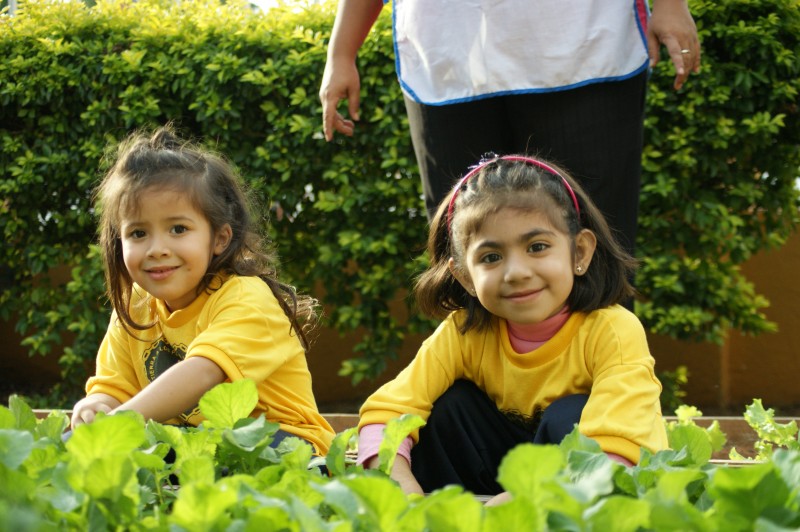
SUSTAINABLE CONSUMPTION
This is a concept that is being discussed more and more and that proposes "doing more and better with less", by reducing the use of natural resources. It is essential that we change our current life patterns by forcing ourselves to adopt innovative and creative solutions about the way in which we use and dispose of the products and services we have and consume. It must be shown that, from the production chain to the consumer, the profit objective should not exist at any stage in the process. One of these actions is agroecology. "All human activity has some type of impact on the environment. We’re the only beings that destroy our own environment intentionally. (...) The idea [of agroecology] is that we can recover this environment, that we can have our livelihood, our house, our life, but that we allow other beings and the planet to survive," clarifies Maria Teresinha, project coordinator of the NGO SerrAcima.
In his article "A way of achieving progress", journalist, radio broadcaster, and writer Paiva Netto, President of the Legion of Good Will (LBV), says: "In the third millennium, which has…. a thousand years, one day everybody will have to understand that spiritualizing creatures, and consequently raising their moral condition, is the only way of achieving progress —one that is not of destruction—for the whole Planet."
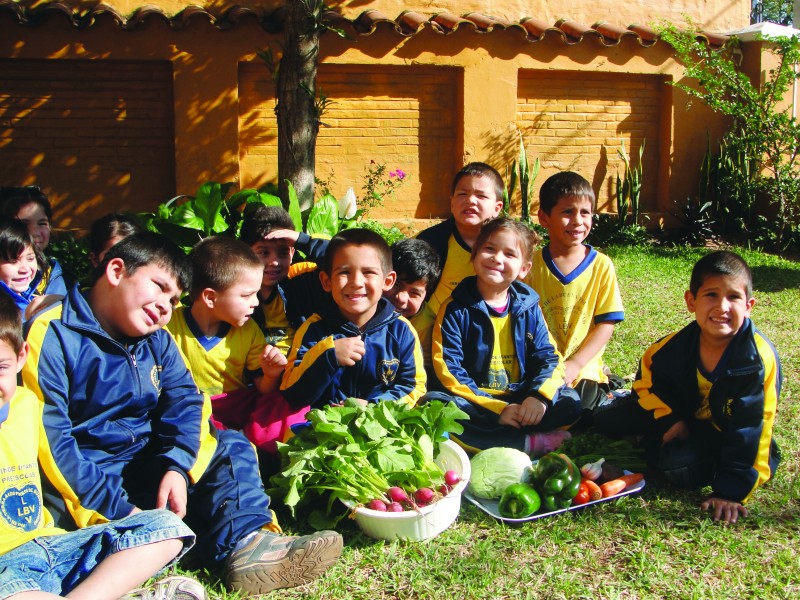
The LBV, a civil society organization that operates in 7 countries, understands that planetary transformation begins with the education and re-education of each inhabitant. That is why, since the 1980s, the Organization has insisted on displaying in all its units—schools, Social Service Centers, and Homes for the Elderly—and social mobilization campaigns the quote of its president: “Today’s crumbs are tomorrow’s feast.” In this way, children, young people, adults, and the elderly are mobilized to think about distribution and on the correct reuse of food leftovers. Having responsible attitudes and reflecting on the importance of the correct use of materials, thereby avoiding waste, is a decisive step towards living on a sustainable planet.
Let us start reviewing our own attitudes by following some of the tips below:
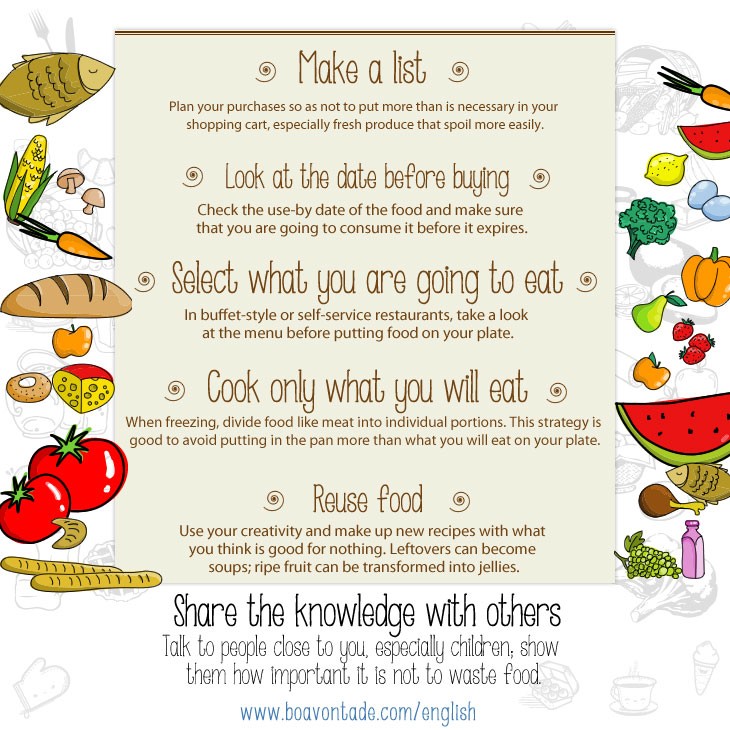
___________________________________________
* Global Food Losses and Food Waste – FAO, 2011
The environmental crisis: The environment’s role in averting future food crisis – UNEP, 2009
Version: Rob Dinham
Revision: Rosana Bertolin
